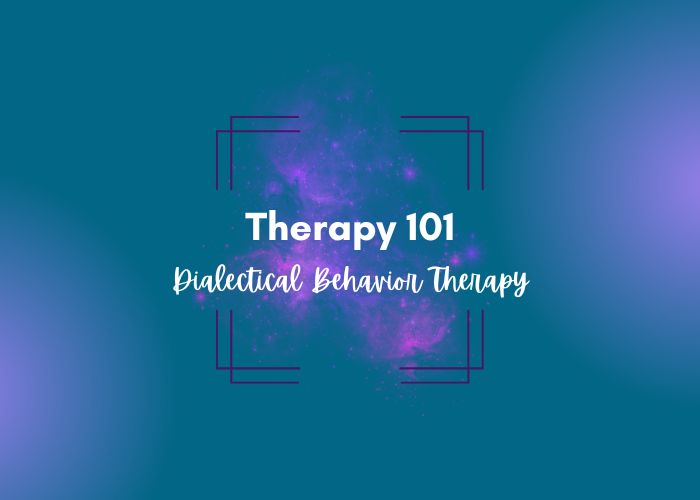Everyone knows about gratitude. Many of us talk about it pretty often, especially around the holidays. Of course, around Thanksgiving here in the United States is when many focus on it However, gratitude can and should be practiced year-round. It’s important for many reasons. Not just for the benefits it can give to us but also to those around us.
Why Practice Gratitude Regularly?
Practicing gratitude can have many important positive outcomes in our lives. It can help make us happier and can even help protect against depression symptoms. It can improve our relationships with those around us, improve our self-esteem, and can also improve our physical health. Focusing on this daily can be something that we see benefits from for the rest of our lives.
Practicing it regularly also makes it easier to be grateful. The more we practice any skill, the easier it is to implement that skill in our lives. Sometimes it can be hard at the beginning to set it up as a new habit. Or maybe it can be difficult to think of anything we’re grateful for, especially during hard times. However, the more you stick with it, the easier it becomes and eventually it will be second nature.
How Can I Practice Gratitude?
There are many different ways to implement gratitude in our lives. These things can be small or big. Stopping to think about someone in our lives that makes us happy or supports us is an act of practicing gratitude. We can think about why we really feel thankful when we say “thank you”. Thinking back on difficult times can help us appreciate our current lives more.
Keeping a journal once or twice a week about the things we’re grateful for can be especially helpful. You don’t want to overdo this particular step because it can make it easier to become acclimated to the feeling of gratitude which would then make it less impactful. Another way we can do this is to keep a gratitude jar. This can be a very visual reminder of our gratitude.
Meditating with gratitude in mind can be helpful, too. This can be a more traditional meditation where you sit quietly somewhere and focus on gratitude. Or this can be a walking meditation where you go out for a nice walk and let yourself take in your surroundings while also focusing on the good things around you.
What if it Isn’t Helping?
Sometimes, things are hard and no amount of gratitude will make them seem better. In these instances, it can be helpful to reach out to someone for help. This can be a trusted person in your life who you know can help support you. Another option is to reach out to a therapist to get you through this difficult time. A therapist can also help you with implementing gratitude throughout your life once you’ve gotten through this moment.

